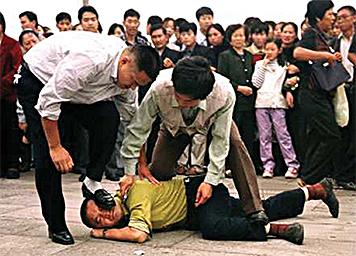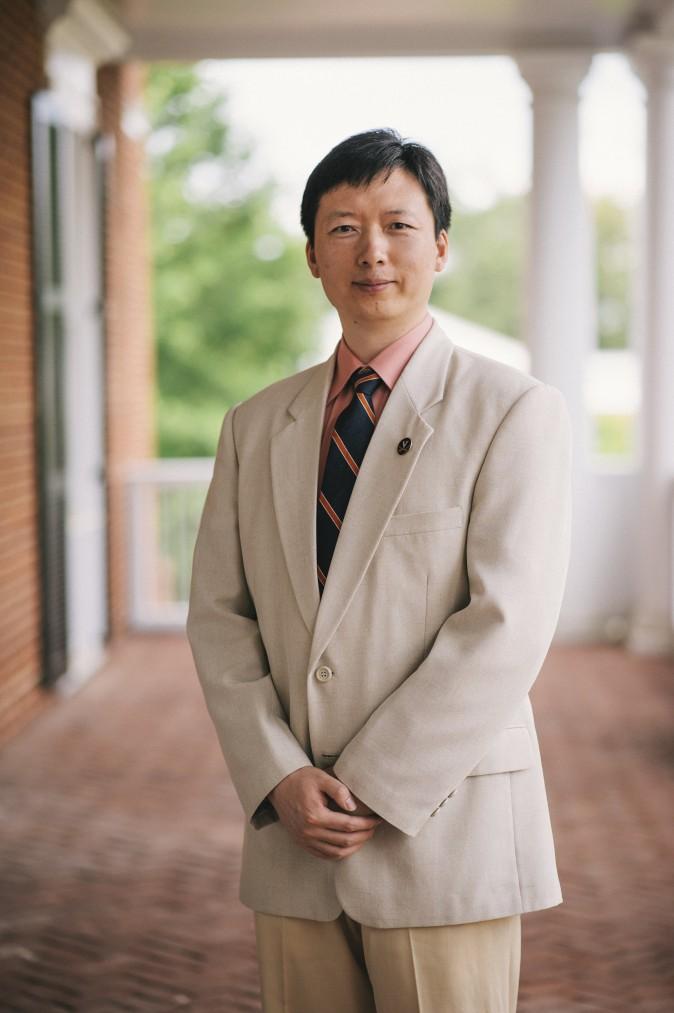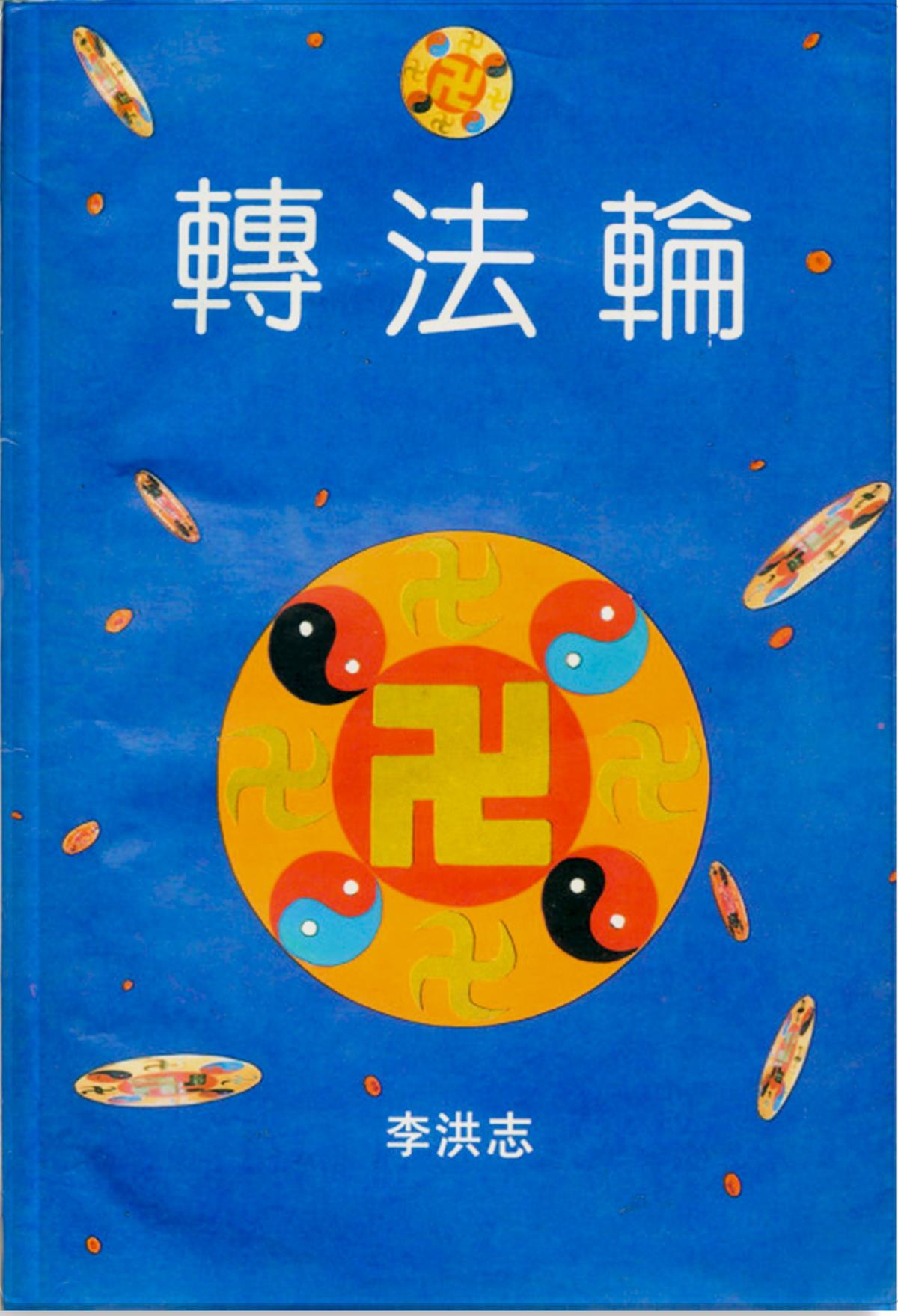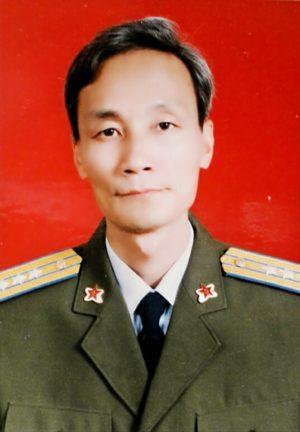How an accomplished professor of orthopedics and other modern professionals harmonize their modern lives with an ancient Chinese spiritual practice
Most of the week, Joshua Li, a 44-year-old assistant professor of orthopedic surgery at the University of Virginia, attends to patients with spinal injuries and researches the use of nanoparticles to treat intervertebral disc degeneration.
Every Sunday, though, he unplugs his smartphone and instead plugs in to cosmic principles, leading an exercise group at the senior center in Charlottesville, performing the slow-motion exercises of Falun Gong.
Falun Gong, or Falun Dafa, is a traditional Chinese spiritual discipline. It is practiced around the world, but remains persecuted in its homeland of China after having attracted an estimated 70 million to 100 million practitioners by the late 1990s.

This year marks 25 years since the introduction of Falun Gong in China.
The discipline espouses a philosophy of the world that places traditional moral values over material gain, and yet it has attracted numerous successful professionals like Li.
Li and others say this is due to the immediately felt impact of the practice on their lives, including its dramatic health benefits, as well as its philosophy of internal transformation that is simple to grasp but profound when put into practice.
The Search
Qigong, the school of energy practices of which Falun Gong is a part, was immensely popular in China in the 1980s and 1990s. The primary appeal was its positive impact on health.
The promise of wellness brought Li to qigong. He had long searched for alternative treatments for his mother, who caught colds easily after being exposed to chemicals during her work as a missile researcher for the Chinese regime. “We kept the windows shut at home, and my mother wore thick clothing even during the summer,” he recalled.
At age 12, Li picked up tai chi, a Chinese martial art known for its health benefits, and tried to teach it to his mother. She tried Chinese medicine and acupuncture, too.
In high school and college, Li sampled at random from the hundreds of different qigong schools being taught at the time, but gave up in disillusionment in 1995.

“Many qigong masters created sham practices for the sole purpose of making a fortune and a name for themselves. They were peddling stuff like ‘water with messages’ or ’tea with messages,’” he said.
“Stay away from the quack qigong,” Li warned his parents, before he left home to return to Xi'an Medical University in the northwest province of Shaanxi to complete his master’s in orthopedics. Li himself continued to practice tai chi.
After graduating in July 1997, he went home to find a breeze flowing through the open windows and his mother in a short-sleeved shirt—a sight he'd never witnessed before.
As he hurried around the house, pulling the windows shut, his mother called out: “Hey, don’t bother, I’m cured!”
She had begun practicing Falun Gong that May.
Health Benefits
Though Falun Gong, like all ancient Chinese thought, integrates a way of gaining knowledge about the world via means that cannot be scientifically tested, it was the seemingly miraculous effects of the practice that forced Joshua Li, and numerous others like him, to take it seriously.
Mr. Li Hongzhi, the founder of Falun Gong, gave his first public lecture on May 13, 1992, to a modest crowd in his hometown of Changchun in northeast China.
By 1993, hundreds were attending Mr. Li’s 10-day lecture series. In 1994, volunteer organizers had to book stadiums instead of auditoriums to fit the thousands who had signed up for Mr. Li’s lectures.
Mr. Li charged a pittance for lecture fees and insisted that Falun Gong forever remain free to practice. He stopped giving lectures after the publication in January 1995 of “Zhuan Falun” (“Turning the Law Wheel”), which lays out Falun Gong’s comprehensive teachings. In the years following, tens of millions of Chinese began adopting the practice.
Zhu Liming, a colonel in the People’s Liberation Army’s Air Force Command College who became a volunteer Falun Gong coordinator after attending a lecture series in Beijing in August 1992, believes that two reasons account for the Falun Gong phenomenon.

First, “the healing effectiveness of Falun Gong is superb,” Zhu said. Many found that their health problems simply disappeared after a short period of practice.
Joshua Li was stunned when he heard that it was qigong—which he thought was a sham—that cured his mother. “Well, Falun Gong has a book,” he remembers her saying, as she handed him a copy of “Zhuan Falun.”
This is the second appeal of the practice: its teachings, and the moral transformation they inspire.
“I read the first chapter, and learned what qigong was really about,” Li said. He finished the other eight chapters in one sitting, and the next day, he began learning the exercises.
Moral Uplift
Falun Gong comprises four standing exercises and an hour-long sitting meditation, but it isn’t simply a health and fitness practice, said Zhu, the former air force colonel.
“The teachings of Master Li Hongzhi enable people to elevate their morality,” he said. “Many eventually realize that Falun Gong is an authentic self-cultivation way.” Zhu now lives in New York after fleeing China due to persecution.

Self-cultivation, or the improvement of one’s character through adhering to moral principles, has a history in China going back to at least 2000 B.C. Falun Gong is experienced by practitioners as a continuation of this tradition as they try to live by the principles of truthfulness, compassion, and tolerance, which they understand to be the foundation of the universe.
The deeper quest for moral elevation meant that Falun Gong appealed to retired seniors and housewives, as well as accomplished professionals and intellectuals.
Frank Qin, an investment manager with a health fund in Manhattan, had been searching for a traditional Chinese spiritual discipline based around self-cultivation for some time before he found Tsinghua University’s Falun Gong community in 1995. By then, over 500 faculty and students at the elite university, known as China’s MIT, did the exercises daily at the campus, he said. It offered them a powerful moral calling.
“Falun Dafa teaches that we should be forgiving and forbearing in our daily lives, to always look inward first to locate our shortcomings when problems arise,” he added. “When we keep striving to be compassionate and openhearted, we can even improve society.”
Levi Browde, a partner with a Manhattan-based software company and the executive director of the Falun Dafa Information Center, has seen many examples of the sort of small but archetypal individual improvement among Falun Gong practitioners in New York.

“I’ve seen combative 20-somethings who rarely talked with their parents, or had left them behind altogether, turn around and rebuild those relationships, making them strong and healthy for both parties,” he said. “In my own day-to-day life, I see how Falun Dafa’s teachings help me raise my two boys with compassion and integrity.”
Browde thinks that journalists who attribute the extraordinary popularity of Falun Gong in the 1990s to the “spiritual void” created by the atheist communist regime are missing the self-cultivation aspect that has universal appeal.
“Falun Dafa spread so fast not because of the environment into which it was introduced, but because of what it had to offer, regardless of environment,” he said.
Joshua Li, the spine surgeon, has patients tell him that he seems more peaceful, and “special,” compared to a run-of-the-mill, frazzled spine doctor. He balances taking care of patients with his complex research on regenerating spinal tissues, for which he’s received numerous prestigious awards and grants.
“Practicing Falun Gong makes me take the point of view of others,” Li said. “Perhaps that’s why patients at the hospital might think that I’m more caring.”




